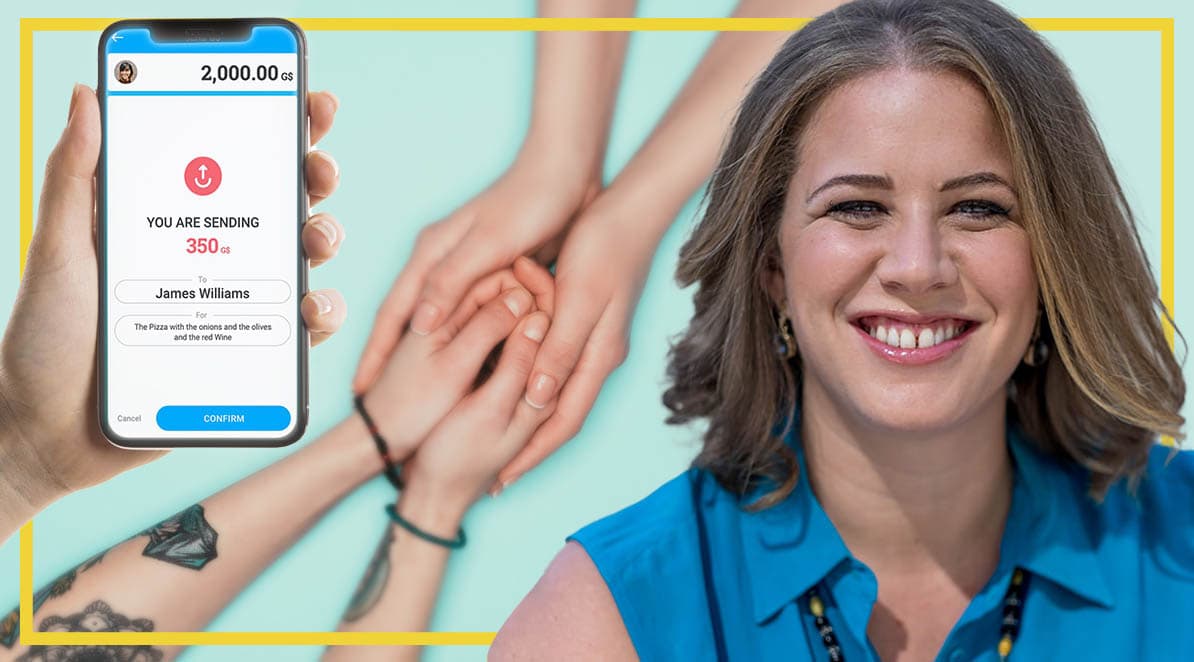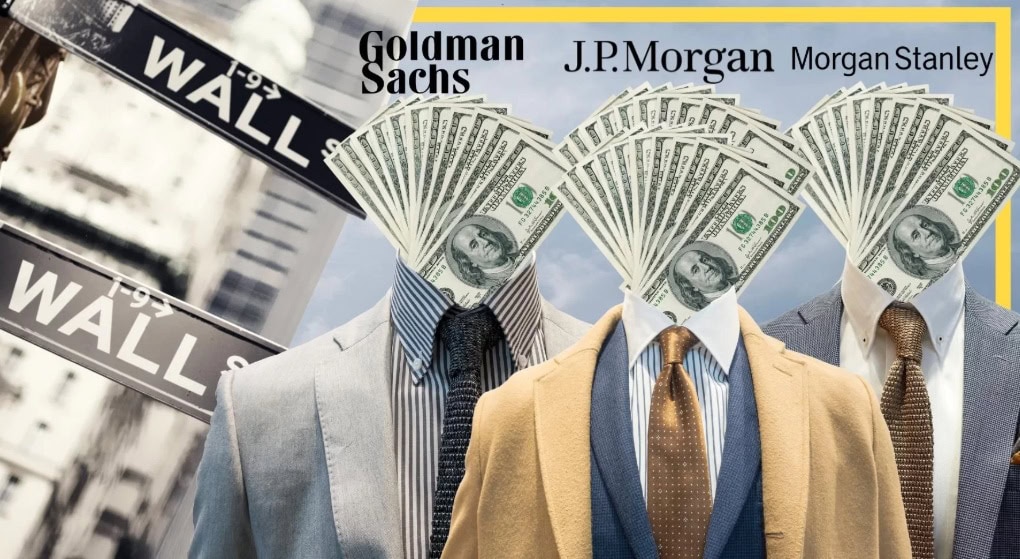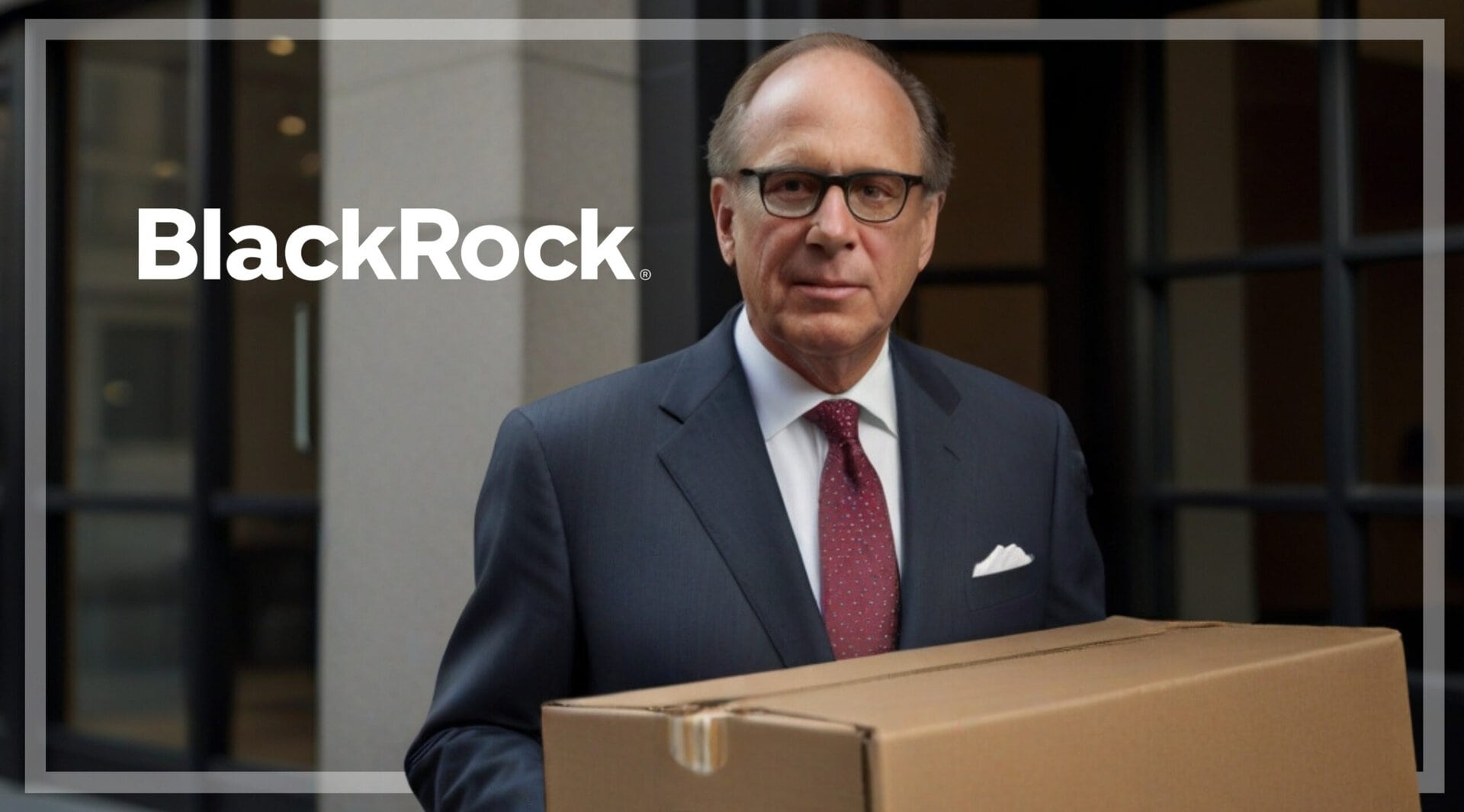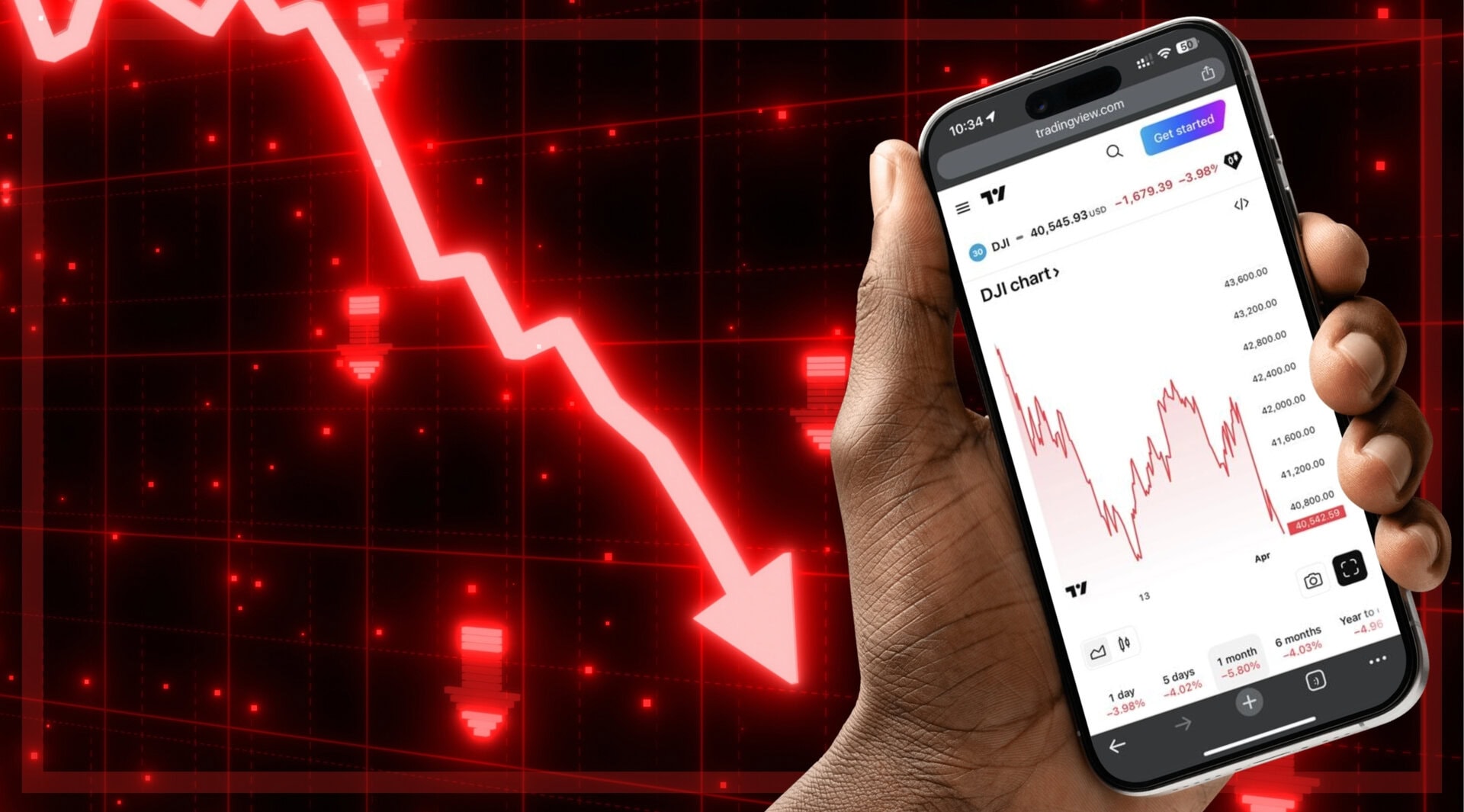The idea of a Universal Basic Income (UBI) is far from new. It is now over five hundred years since Sir Thomas More quipped in Utopia (1516) that ‘no penalty on earth will stop people from stealing, if it is their only way of getting food. It would be far more to the point to provide everyone with some means of livelihood’. From this, the principle of a minimum income – an unconditional base payment offered by the state to cover basic subsistence requirements for every citizen – was born. At different volumes, the debate has continued ever since.
The events of the past year have put the age-old arguments for and against UBI in a new light. Despite being widely considered a radical, fringe-left policy proposal (though even Milton Friedman expressed support for the idea in Capitalism and Freedom) governments’ responses to the Covid-19 pandemic have led many to question whether it is quite so revolutionary after all. Schemes like the UK’s furlough programme and the stimulus packages in the US have all essentially put free cash in the pockets of the nations’ citizens, suddenly making UBI schemes appear less dramatic.
Particularly with blockchain technology and cryptocurrencies arguably making such ventures more viable, could UBI finally become a reality globally after centuries of debate? To discuss all of this and more, we spoke to Anna Stone of GoodDollar. GoodDollar is a non-profit philanthropic organisation founded by Yoni Assia, who also founded e-Toro back in 2006, that aims to use ‘free market forces and the principles of social investing to create a stream of free digital currency’ for all its users.
The welfare system is “very unlikely” to survive the coronavirus crisis in its present form and the furlough scheme has strengthened the case for a universal basic income, the Institute of Economic Affairs has said https://t.co/SOlxhc7uup
— The Times (@thetimes) May 26, 2020
Anna began by outlining the philosophic ideas underpinning the GoodDollar project. It has its roots in the financial crisis of 2008 and Assia’s strong conviction that the financial system perpetuates social and economic inequality. Such inequality is even more stark in the crypto world, where, Anna points out, ‘9% of bitcoin wallets hold over 90% of supply’. GoodDollar is a reaction, and attempted challenge, to this disparity.
‘The idea behind GoodDollar actually started well over a decade ago now, in the aftermath of the financial crisis. Yoni wrote an essay about the lack of transparency in the money supply. This was prior to his founding of eToro, prior to his big journey as an entrepreneur. He was looking at the financial system as a young man, who had been trading in the capital markets since he was a teenager, watching the crisis unfold. He really started to think about the system and how it is built.
‘From this he began to think bigger. Not only did he challenge the lack of transparency in the money supply, he also challenged the concept of interest rates. He pointed out that interest rates are a tool that rewards the wealthy but punishes the poor. From this Yoni came to believe that interest-based money is an inherent challenge if we are ever going to be able to solve inequality in a systemic way. How can we build a new, more transparent money system that is designed to let money flow to the bottom rather than circulate and coagulate at the top?
‘I think he came to it from a position of philosophy, by looking at the mega trends around us, and thinking about the type of society that we want to build. Why are there people who have nothing? Why are there people who have no social mobility? Why are there people that can’t go to school because they are concerned about eating?
‘With GoodDollar, we are toying around with how we build a society that both portrays and adheres to values that we believe as a people.’
"As someone who graduated in 2008, I wasn't in love with the banks. I believe that there was room for innovation and space for a free-er, fairer and more inclusive economy."
— GoodDollar (@gooddollarorg) May 2, 2021
Thanks @FinTechAviv & @TheRealStone for the great discussion on the rise of #DeFihttps://t.co/jnnI1FXQPo
Making use of innovative blockchain technology, GoodDollar is designed to be that new, fair and transparent system. The GoodDollar system essentially matches two economic groups, albeit ones that are not necessarily mutually exclusive. They are those wanting to receive UBI, and those individuals and organisations who wish to support the cause of UBI (whilst also benefiting from returns). Supporters offer crypto to be put into a a blockchain-based DeFi protocol (the GoodReserve) that generates interest on the capital these supporters provide. This interest is then used to mint GoodDollars, creating a currency which is backed by the crypto remaining in the reserve.
Currently the GoodDollars are backed by DAI (the decentralised stable coin pegged to $1), although the plan is for the GoodReserve to be backed eventually by multiple crypto-tokens. The DeFi mechanism makes use of the principle of ‘staking’: locking the tokens in the GoodReserve to generate value within the GoodDollar economy.
A proportion of the GoodDollars that are produced are used to pay supporters market-rate interest payments, with the remaining GoodDollars being reserved for the daily UBI payments. The theory is that supporters are ultimately paid more, in the form of crypto-backed GoodDollars, than their initial offering – whilst of course still retaining a claim to their crypto that remains generating interest in the GoodReserve. Anna expects returns to be as high as ‘four to seven percent – much better than what you get in a bank’.
The GoodReserve is an example of an Automated Market Maker (AMM). It is a type of smart contract that automatically rebalances its own price based on supply and demand factors. Consequently, despite the GoodDollar being minted slowly and released to the market over a long period of time, they are always liquid for a natural market price through their interaction with the GoodReserve.
As trust in the system increases and more supporters and recipients come on board, more and more GoodDollars will be issued relative to the crypto in the GoodReserve. Assia and the GoodDollar team – which includes amongst others leading economists, blockchain experts and software product specialists – believe that strong returns for supporters will mean increasing amounts of crypto being placed in the GoodReserve. This would ultimately mean more interest generated and therefore more GoodDollars distributed daily. In principle, this act of social investing is more sustainable and scalable than outright donations because an entire financial ecosystem is being created that, the team hopes, will one day support millions of people.
Parallel Economies and Parallel Systems
Anna accepts that this new technology does not necessarily settle the debate as to whether UBI itself is a sound policy proposal or not. Many will continue to object on the traditional grounds: that it disincentives work, it can lead to higher and unsustainable inflation and, indeed, that money simply should not be available for free. The UBI question remains a partisan issue based on philosophical principles, and Anna firmly believes that ‘everybody should have a financial ground to stand on so that we can build our lives’. That said, she does consider this innovative platform to show how much more feasible UBI now is as a policy programme.
As a reminder, I’m in *favor* of universal basic income
— Elon Musk (@elonmusk) July 24, 2020
‘With the advent of crypto, we have a meeting of moments between these new digital currencies and blockchain systems. These technologies make it feasible, affordable, efficient and possible for every person on an individual level to have a digital wallet. You could now AirDrop money to individuals regularly as cash into that digital wallet.
‘Even though the original idea behind GoodDollar came in 2008, the founding of the non-profit and the project happened in 2018 after the first crypto bull-run. After this, you began to see all of these different projects, all of these new blockchain platforms being built, all kinds of innovation in this space. I think Yoni thought that this was the moment to establish a non-profit research hub to work on these issues and develop a system that can solve issues with UBI that have been identified.’
For Anna, GoodDollar shows the power that entrepreneurs and individuals have to shake up existing systems. UBI has been around as an idea for centuries but has never been successfully implemented on a national level. In many ways this is simply because governments rarely have either the means or, perhaps more significantly, the willingness to test out radical ideas.
‘What this blockchain technology means’, Anna argues, ‘is that we can build a decentralised universal basic income framework, that works in parallel to whatever social policies are initiated and debated by the government’. This in many ways is the essence of the decentralised finance trend we have seen emerge in the last few years: individuals and entrepreneurs feeling empowered to develop solutions for themselves, independent of the governments and established corporations which they tend to believe have failed them. If the state refuses to bring forward UBI proposals, for either ideological or practical reasons, why not create a parallel economy where like-minded people establish something similar amongst themselves?
Of course, it remains to be seen whether, and to what extent, this project will be a success. Currently the system only distributes around $200 worth of GoodDollars a day, with each user receiving crypto worth a fraction of a cent.
The GoodDollar Reserve has crypto worth just $150,000 in it currently. Anna is optimistic that the project has realistic scalability: as she points out, less than $100 million worth of activity in the DeFi protocol would mean they could begin to distribute at least $200,000 worth of crypto a day. In theory the scope of this project is limitless, and Anna is confident that both the yields offered to supporters and the values embodied by the project make it a highly attractive proposition.
‘Here’s how you can use your crypto for good, and earn yield doing it’, she pitches. That said, the success depends almost entirely on enough institutional and high-value individuals offering sufficient amounts of crypto for the UBI payments to be genuinely meaningful. Whether this happens or not remains to be seen.
Regardless, innovative platforms such as these are demonstrating the new possibilities in the decentralised finance sphere. Anna cites the recent GameStop and Dogecoin phenomena as evidence that ‘people are voting with their money to build parallel economies to the traditional financial system. They are hungry for something new’.
What is certainly true is that new blockchain technologies have the potential to disrupt completely established forms of economic, and indeed social, practice. GoodDollar is a fascinating taste of the type of future that may be in store as a result of innovation in the DeFi space.
Author: Harry Clynch
#Friedman #Furlough #InnovativePlatforms #MegaTrends #ParallelEconomy #Stimulus #UBIPayments #Utopia #UBI















